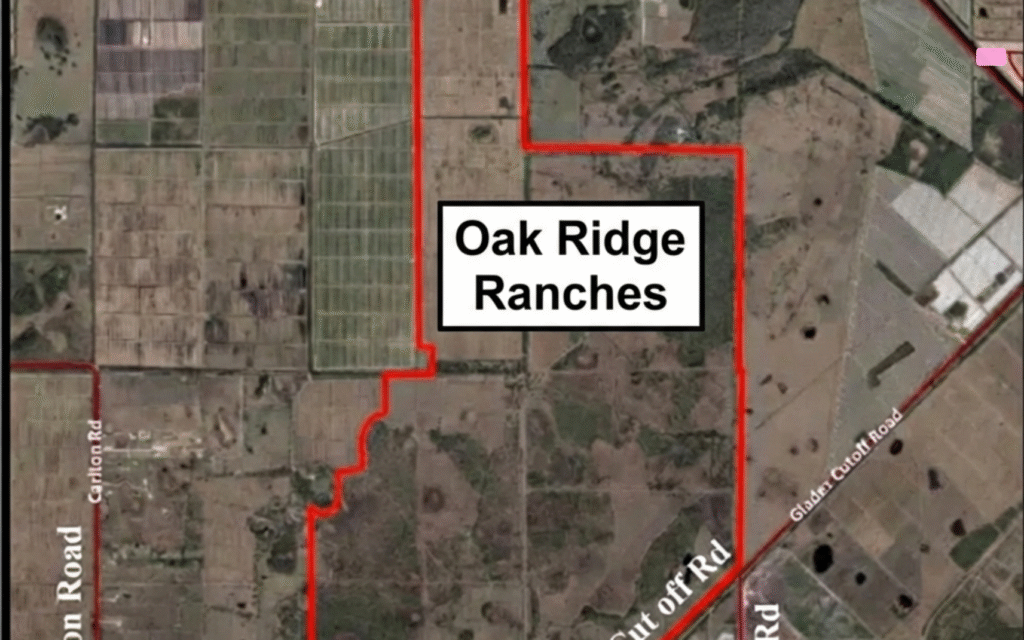Florida has enacted a new law requiring that all insurance claim denials must be reviewed and approved by a qualified human professional, rather than relying solely on artificial intelligence or automated systems. This legislation aims to address concerns about transparency, fairness, and consumer protection in insurance claim processing.
Florida Insurance Claim Denials Now Require Human Oversight
The main provision of the new Florida bill is that insurance companies can no longer use only AI, machine learning, or automated decision-making systems to deny claims. According to the legislation, a qualified human professional—such as a supervisor, claims manager, or licensed claims adjuster—must personally review and approve any denial decision.
This change comes amid growing use of automation in the insurance industry. The law is scheduled to take effect on July 1, 2025.
Key Requirements for Insurance Companies
Under the new law, insurance companies operating in Florida must follow several specific procedures when denying claims:
- Each denied claim must be reviewed and approved by a qualified human professional with authority over the claim.
- Insurers must keep detailed records for every denied claim, including the name and title of the human reviewer, the date and time of the review, and supporting documentation for the denial.
- All denial communications to claimants must identify the human reviewer and provide a written statement confirming that AI or automated systems were not the basis for the denial.
These requirements are designed to ensure accountability and transparency in the insurance claim process, according to the Florida Office of Insurance Regulation (OIR).
Compliance and Oversight by State Regulators
The Florida Office of Insurance Regulation is authorized to conduct compliance audits to verify that insurers are following the new rules. Insurers must also submit periodic compliance reports to the OIR, detailing how they are meeting the requirements for human review and documentation.
According to OIR, these measures are intended to strengthen consumer protections and enhance regulatory oversight of insurance companies throughout Florida.
Background: Growing Use of AI in Insurance Claim Management
The legislation was introduced in response to increasing reliance on AI and automated systems in insurance claim management. Recent years have seen a rise in lawsuits and regulatory scrutiny regarding AI-driven claim denials, particularly in healthcare and property insurance.
According to regulatory agencies, some policyholders have experienced delays or negative outcomes when claims were denied by automated systems without human intervention. These incidents have raised concerns about potential errors, bias, and lack of recourse for consumers.
Balancing Efficiency and Accountability in Insurance Decisions
Experts acknowledge that AI can improve efficiency and accuracy in claims processing. However, exclusive reliance on automated systems can introduce errors and bias, making human oversight essential for fairness and trust in high-stakes financial decisions.
The new law reflects a broader trend in Florida and other states to balance the benefits of technology with the need for accountability, transparency, and consumer protection.
Potential Impacts on Insurance Claim Processing
Insurance companies may need to adjust their workflows to integrate human review into processes previously optimized for automation. According to industry analysts, this change could result in longer processing times for claim denials, as additional steps are required for compliance.
Despite possible delays, state officials emphasize that the law aims to protect consumers and ensure that every denied claim receives careful human consideration.
Part of a Broader Regulatory Movement in Florida
The new requirements are part of Florida’s ongoing efforts to increase regulatory oversight of insurance companies and strengthen consumer protections. Lawmakers have responded to evolving technology and market practices by introducing measures that address both efficiency and accountability in financial services.
According to the Florida Office of Insurance Regulation, the law is designed to ensure that policyholders have access to human judgment and recourse in the event of a denied claim.
Frequently Asked Questions About Florida Insurance Claim Denials
What does the new Florida law require for insurance claim denials?
The law requires that every insurance claim denial in Florida must be reviewed and approved by a qualified human professional, not just an automated system. Insurers must also document the review and identify the human reviewer in all denial communications.
How does this affect the use of artificial intelligence in insurance claims?
Insurance companies in Florida can still use AI to assist with claims processing, but they cannot rely solely on automated systems to deny claims. A human must make the final denial decision and review each case.
Are there new record-keeping requirements for insurers?
Yes, insurers must keep detailed records for each denied claim. This includes the name and title of the human reviewer, the date and time of the review, and documentation supporting the denial.
Can you appeal an insurance claim denial under this law?
Policyholders can still appeal denied claims as before. The new law ensures that the denial decision was made by a human, which may help with transparency and accountability during the appeal process.
Where are these new insurance claim denial rules enforced?
These rules apply to all insurance companies operating in Florida. The Florida Office of Insurance Regulation is responsible for enforcing compliance and conducting audits.































